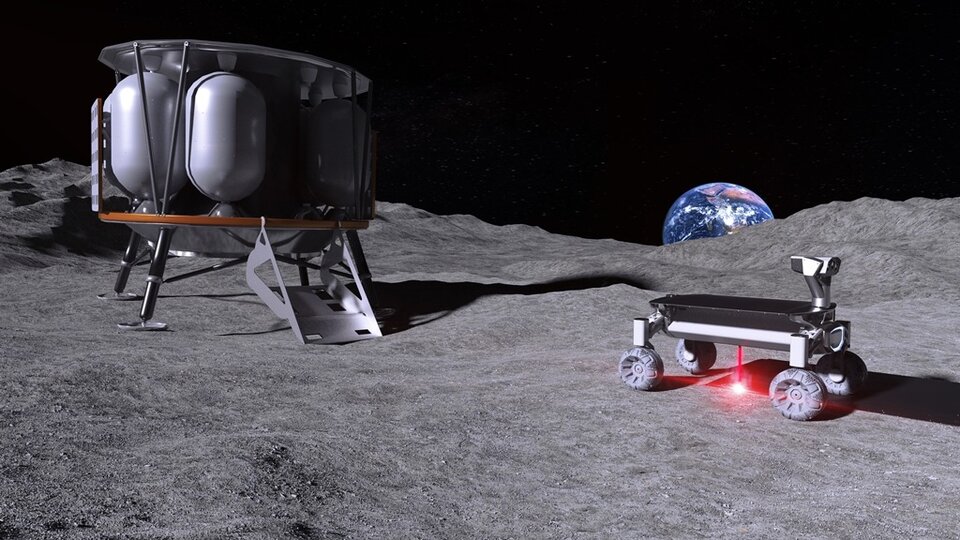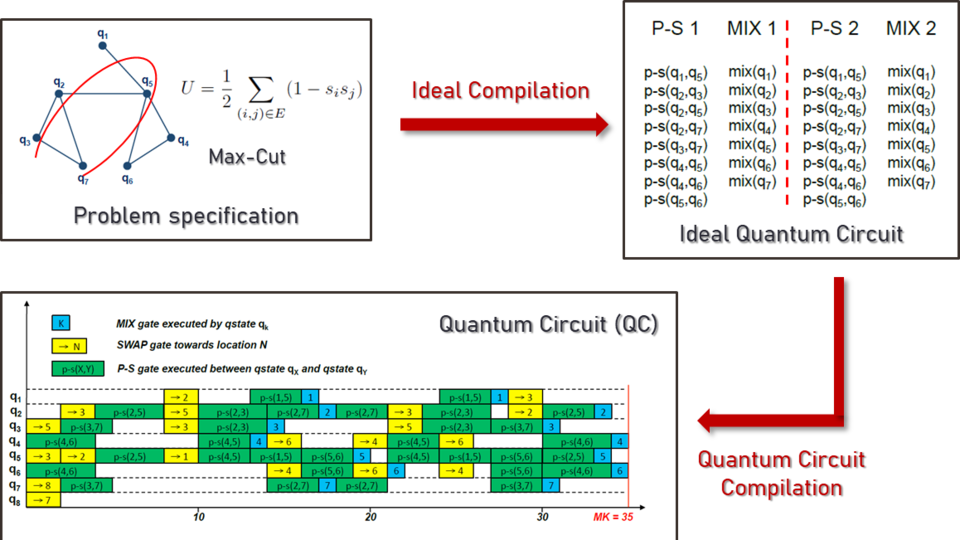Implemented OSIP ideas — June 2021
ESA's Open Space Innovation Platform (OSIP) seeks novel ideas for new space research activities. Campaigns and Channels invite solutions to specific problems or ideas on more general topics, with those run by Discovery & Preparation, including the Open Discovery Ideas Channel, specifically looking for ideas that could be implemented as system studies, early technology developments, or PhD or postdoc research co-funded by ESA and a university.
Open Discovery Ideas Channel
In June 2021, the following ideas were implemented through the Open Discovery Ideas Channel:
Satellite communications via space-based internet service providers
University of Luxembourg
Read about this public idea in OSIP
Optimal control of solar sails
Inria
Like wind sails use wind to propel sailing boats through water, solar sails use sunlight to propel spacecraft through space. Solar sail-propelled spacecraft can reach speeds that would be practically impossible for chemical rockets to achieve, and can be placed in orbits that would otherwise be unstable. But just like wind sails, solar sails require careful control. This co-funded research project aims to improve the control of solar sails, in particular during multi-revolution Earth escape or de-orbiting trajectories.
Study on wireless onboard instrumentation of space transportation systems
German Aerospace Center (DLR)
As more of our domestic electronic devices become wireless, the same thing is happening in space. The latest satellites are designed to communicate and process data using wireless technologies. But there are no publicly available concepts for using this technology in space transportation vehicles. This study aims to develop this area further, in the hope of simplifying integration and testing; it will simplify design and reduce cost by focusing on commercial off-the-shelf (COTS) components.

Depictions of the three ideas implemented through the Open Discovery Ideas Channel in June 2021
Off-Earth Manufacturing and Construction
The following idea was implemented through the OSIP Off-Earth Manufacturing and Construction Campaign.
Mobile-Selective laser melting (MSLM) for the construction of infrastructure on the Moon
Technical University of Berlin

Depiction of the idea implemented through the Off-Earth Manufacturing and Construction Campaign in June 2021
Quantum Information Processing
The following idea was implemented through the Quantum Information Processing Campaign.
Meta-heuristic algorithms for the quantum circuit compilation problem
Institute of Cognitive Sciences and Technologies
Quantum computers have the potential to process data in ways that classical computers cannot. However, their Achilles’ heel is 'decoherence', a sort of loss of information to the environment, which degrades the performance of quantum processes over time. Funded through ESA's Ariadna initiative, this project aims to speed up quantum computations to minimise the effect of decoherence. It will do so by applying novel artificial-intelligence-based 'meta-heuristics' to the problem of compiling quantum circuits to emerging quantum hardware.

Depiction of the idea implemented through the Quantum Information Processing Campaign in June 2021

